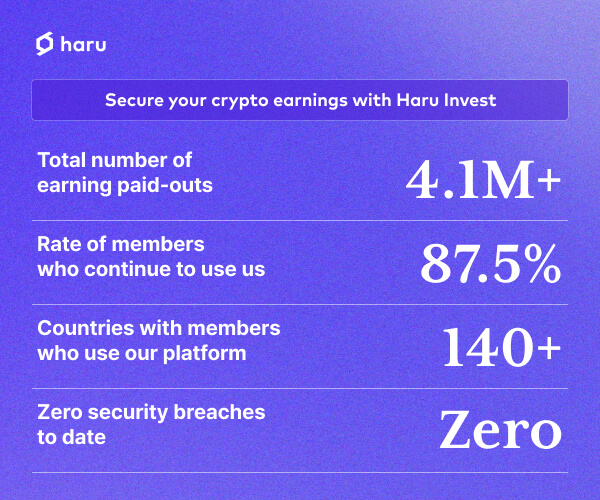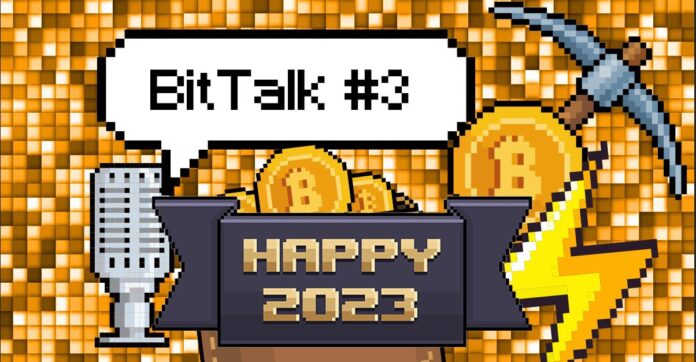
In the latest episode of the “Bittalk” podcast, hosts Akiba and Nicholas Gregory discuss the state of the bitcoin market in 2023.
The episode begins with Akiba asking Nicholas for his thoughts on the future of bitcoin this year. Nicholas starts by discussing a recent event involving bitcoin developer Nuke Jr., whose PGP key was compromised and led to the theft of over 200 bitcoin. This event led to a debate on the importance of securely storing one’s bitcoin, with the phrase “not your keys, not your bitcoin” being widely used. However, Nicholas also cautions against using multi-signature security measures, as they can be complex and should be thoroughly tested. Instead, he suggests diversifying one’s storage methods, such as using a combination of hardware wallets, multi-sig, and custodians, which may be a good approach.
Nicholas then brings up the topic of password managers, explicitly mentioning the security breach suffered by LastPass and the potential for customers to be targeted with phishing attacks. He recommends using open-source password managers such as Bit Warden and running them locally for added security.
The conversation shifts to a discussion of the current state of the bitcoin market. Nicholas presents several charts illustrating the use of futures contracts and the activity of buyers in different regions. One chart shows the relative richness of put versus call options, with green indicating a higher premium for put options and red indicating a higher premium for call options. Another chart shows the total amount of funds allocated in open futures contracts, with a peak in April and November 2021 and a decrease in risk in the following months. A third chart shows the use of cash margin versus crypto margin in futures contracts, with a significant increase in the use of cash margin in the latter half of 2021.
A CryptoSlate chart shows the month-over-month price changes for accumulation or distribution in the bitcoin market in Asia, Europe, and the United States, with Asia being characterized as the “smart money” and the other regions as the “dumb money.” The final chart shows the percentage of bitcoin supply held in long-term versus short-term investments in the different areas, with Asia holding a higher percentage in long-term investments and the United States and Europe have a higher percentage in short-term investments.
Nicholas concludes by stating that he expects risk to continue to decrease in the bitcoin market in 2023 and that there may be a “flight to safety” in the market, with investors moving towards stablecoins and cash margin in futures contracts.
Overall, the episode provides valuable insights into the current state of the bitcoin market and the importance of securely storing digital assets. In addition, it serves as a reminder that while bitcoin and other cryptocurrencies offer many benefits, they also come with unique risks that must be carefully managed.
Credit: Source link






















 Bitcoin
Bitcoin  Ethereum
Ethereum  Tether
Tether  XRP
XRP  Solana
Solana  Dogecoin
Dogecoin  USDC
USDC  Lido Staked Ether
Lido Staked Ether  Cardano
Cardano  TRON
TRON  Avalanche
Avalanche  Chainlink
Chainlink  Wrapped stETH
Wrapped stETH  Toncoin
Toncoin  Shiba Inu
Shiba Inu  Sui
Sui  Wrapped Bitcoin
Wrapped Bitcoin  Stellar
Stellar  Polkadot
Polkadot  Hedera
Hedera  Hyperliquid
Hyperliquid  WETH
WETH  Bitcoin Cash
Bitcoin Cash  LEO Token
LEO Token  Uniswap
Uniswap  Litecoin
Litecoin  Pepe
Pepe  Wrapped eETH
Wrapped eETH  NEAR Protocol
NEAR Protocol  Ethena USDe
Ethena USDe  Aptos
Aptos  USDS
USDS  Internet Computer
Internet Computer  Aave
Aave  Cronos
Cronos  POL (ex-MATIC)
POL (ex-MATIC)  Mantle
Mantle  Ethereum Classic
Ethereum Classic  Render
Render  MANTRA
MANTRA  Monero
Monero  WhiteBIT Coin
WhiteBIT Coin  Dai
Dai  Bittensor
Bittensor  Artificial Superintelligence Alliance
Artificial Superintelligence Alliance  Arbitrum
Arbitrum  Ethena
Ethena 
